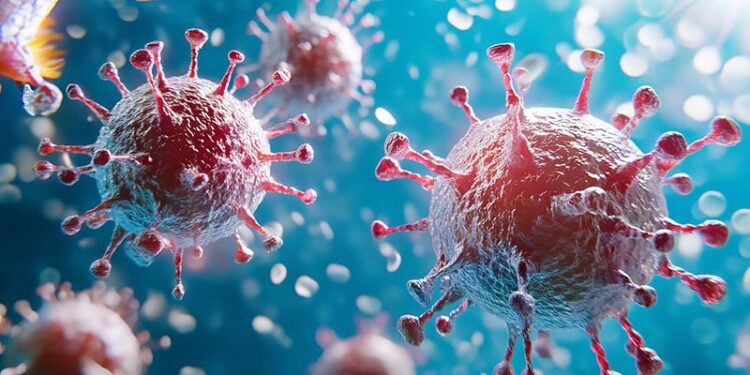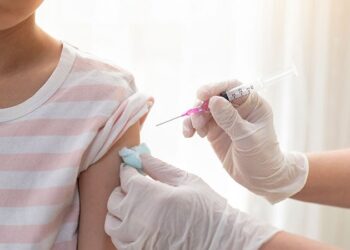TOPLINE:
The risk for new-onset type 2 diabetes (T2D) after severe acute respiratory syndrome coronavirus 2 (SARS-CoV-2) infection was not elevated among vaccinated and boosted adults during the Delta and Omicron waves; however, unvaccinated individuals infected with the Omicron variant and patients hospitalized with acute COVID-19 faced an increased risk.
METHODOLOGY:
- Previous studies have documented an increased risk for new-onset diabetes after SARS-CoV-2 infection, but researchers hypothesized that a milder Omicron variant infection and booster vaccination might mitigate this elevated risk.
- Researchers conducted a cohort study using Singapore’s national COVID-19 registry to estimate the risk for new-onset T2D after SARS-CoV-2 infection during the Delta- and Omicron-predominant transmission waves in Singapore.
- They included individuals with vs without SARS-CoV-2 infection during Delta (82,212 vs 531,855) and Omicron (972,610 vs 1,039,276) predominance.
- Vaccination status and new-onset T2D cases were determined through the National Immunization Registry and National Diabetes Database, respectively; less than 5% of individuals were unvaccinated or partially vaccinated in this study.
- The primary outcome was a new-onset T2D diagnosis 31-300 days after the test date among individuals with vs without SARS-CoV-2 infection.
TAKEAWAY:
- No overall increased risk for new-onset T2D was observed during Delta (adjusted hazard ratio [aHR], 0.99; 95% CI, 0.92-1.06) or Omicron (aHR, 1.00; 95% CI, 0.97-1.03) predominance in the general population.
- During Omicron predominance, unvaccinated or partially vaccinated individuals had an elevated risk for T2D postinfection (aHR, 1.50; 95% CI, 1.06-2.11).
- During Delta predominance, Indian individuals had an increased risk for T2D post-infection, whereas Chinese and Malay individuals did not.
- Patients with mild SARS-CoV-2 infection did not have an increased risk for T2D, whereas those hospitalized for acute COVID-19 faced a higher risk. COVID-19 hospitalizations were associated with a 45% higher risk for T2D during Delta predominance and a 56% higher risk during Omicron predominance than historical influenza hospitalizations.
IN PRACTICE:
“Interethnic differences in insulin resistance pathophysiology may influence diabetogenic risk after infection,” the authors wrote.
SOURCE:
The study was led by Liang En Wee, MBBS, MRCP, MPH, National Centre for Infectious Diseases, Singapore. It was published online on April 2, 2025, in JAMA Network Open.
LIMITATIONS:
According to the authors, results may not be fully generalizable to populations of different ethnicities or those with lower vaccination uptake rates. The study also lacked physical measurements in its assessment.
DISCLOSURES:
The study received support from the Trusted Research and Real-World-Data Utilization and Sharing Tech Platform developed by the Ministry of Health, Singapore; Smart Nation; and other sources. The authors reported no conflicts of interest.
This article was created using several editorial tools, including AI, as part of the process. Human editors reviewed this content before publication.
Source link : https://www.medscape.com/viewarticle/no-rise-t2d-risk-after-mild-covid-19-vaccinated-adults-2025a1000801?src=rss
Author :
Publish date : 2025-04-03 08:34:00
Copyright for syndicated content belongs to the linked Source.














